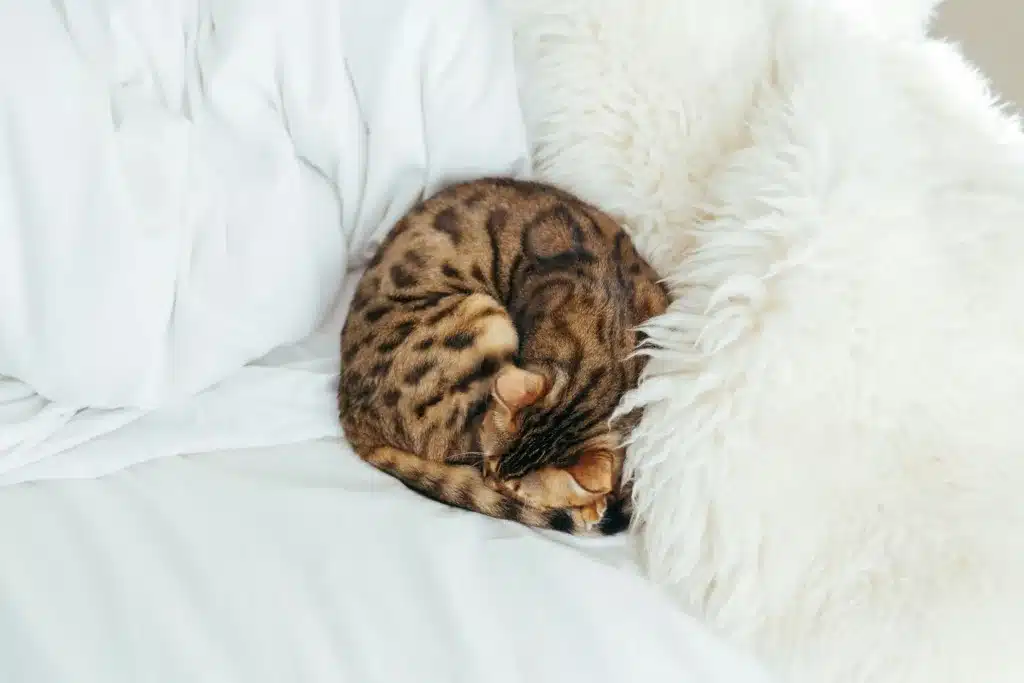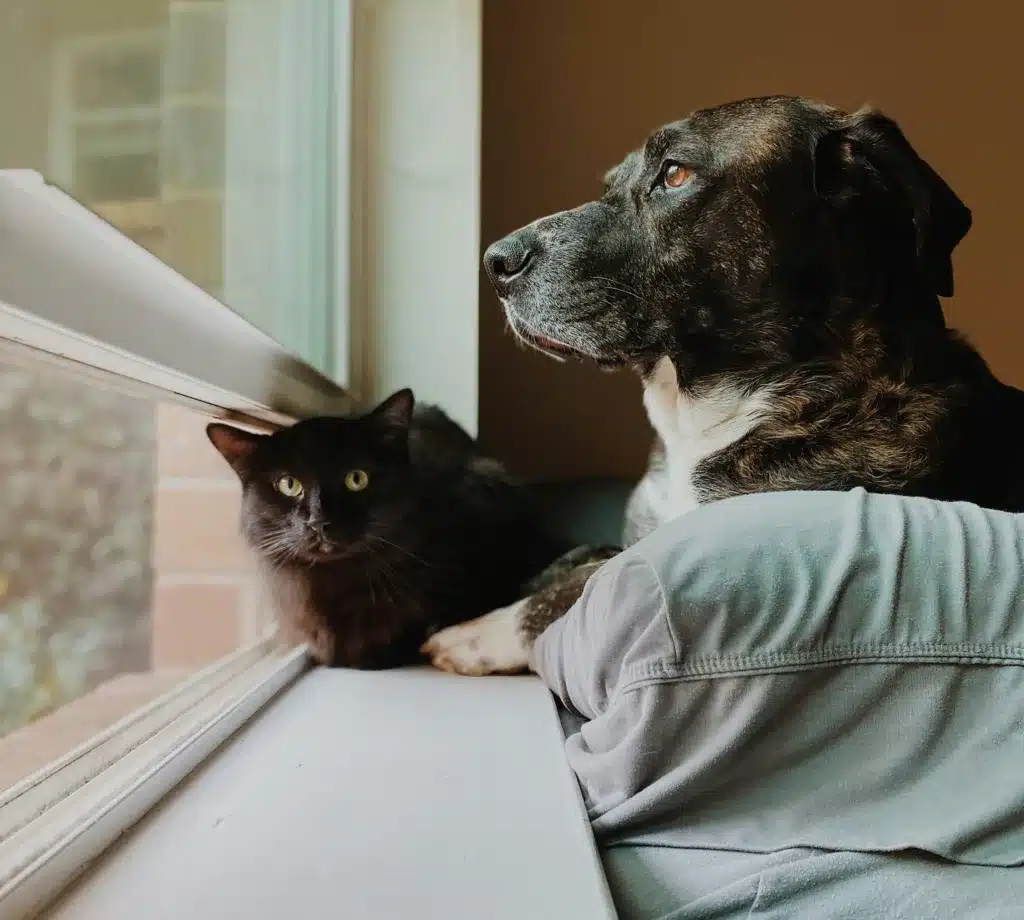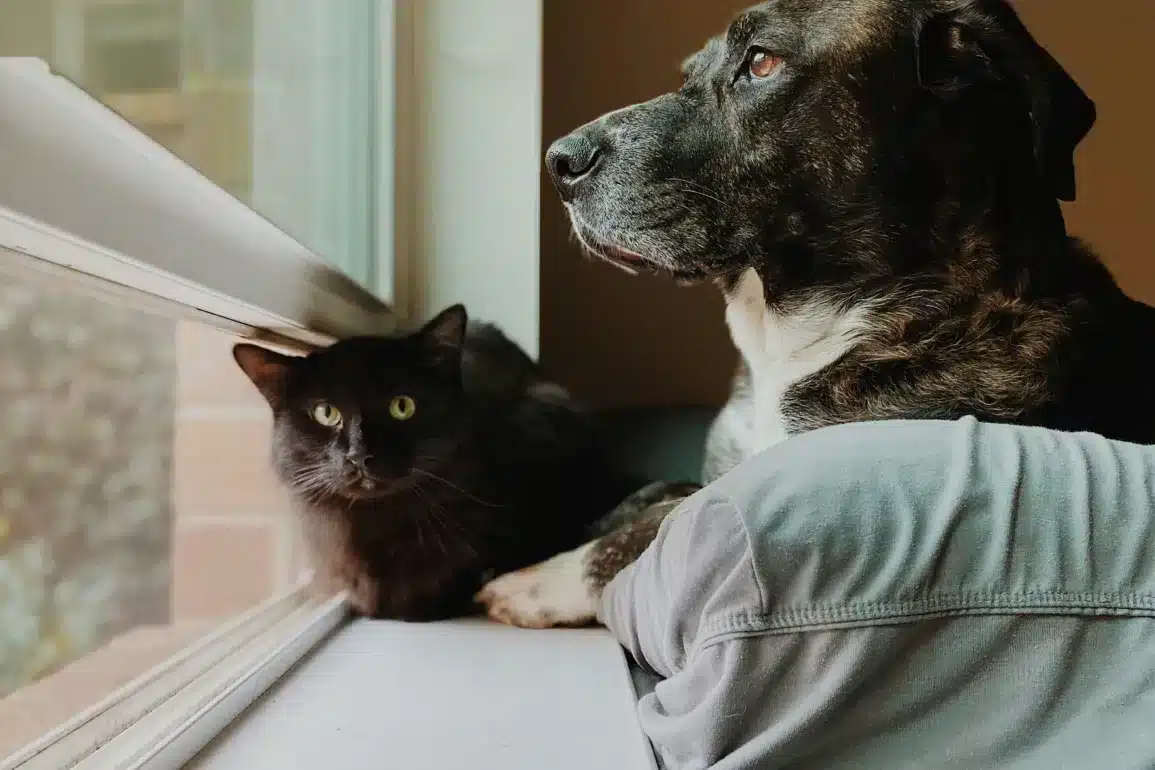The sound of tiny paws scampering across your floor, followed by playful barks and meows echoing through your home. This might sound like a dream scenario for pet lovers, but bringing home both a puppy and a Bengal kitten simultaneously raises an important question: is this ambitious pet adoption plan actually wise?
While many animal behaviorists traditionally recommend introducing pets one at a time, the unique characteristics of Bengal cats might just change the rules of this game. These remarkable felines, known for their dog-like personalities and social nature, often thrive in multi-pet households where they can channel their boundless energy and intelligence.
Understanding Bengal Cats and Their Social Nature
Before diving into the logistics of dual adoption, it’s essential to understand what makes Bengal cats special. Descended from Asian Leopard Cats, Bengals possess an extraordinary combination of wild beauty and domestic temperament. Unlike typical house cats that prefer solitude, Bengals are naturally social creatures who crave interaction and stimulation.
Bengal cat’s high energy levels, intelligence, and playful nature often align perfectly with canine companions, creating dynamic duos that keep each other entertained and engaged.
These cats display remarkably dog-like behaviors, including following their owners around the house, playing fetch, and even walking on leashes. This natural compatibility with canine behavior patterns makes them ideal companions for puppies who are still learning social cues and establishing their place in the household hierarchy.
Do Bengal Cats Like Dogs?
The short answer is yes – Bengal cats typically enjoy canine companionship more than most other cat breeds. Their social nature and need for constant stimulation make dogs excellent playmates and companions. However, this compatibility depends on several factors that responsible pet owners must consider.
Bengal cats view dogs differently than they view other cats. Since dogs belong to a different species, Bengals don’t perceive them as territorial competition. This unique perspective allows for smoother cohabitation and reduces the likelihood of aggressive behaviors that might occur between two cats sharing the same space.
The intellectual capacity of Bengal cats also plays a crucial role in their relationships with dogs.
Is It Better to Get a Kitten or Puppy First?
The age-old debate of pet adoption order takes on new meaning when considering Bengal cats. Traditional wisdom suggests introducing one pet at a time, allowing each animal to establish their place in the household before adding another. However, Bengal cats often break conventional rules.

When considering the question of whether it’s better to get a kitten or puppy first, Bengal cats present a unique case. Their adaptable nature and social requirements actually make simultaneous adoption more feasible than with other cat breeds. Young animals, whether kittens or puppies, are naturally more adaptable and likely to form strong bonds when introduced during their critical socialization periods.
Puppies and kittens introduced simultaneously often develop stronger relationships than pets introduced later in life. They learn each other’s communication styles, establish mutual respect, and create shared routines that benefit both animals throughout their lives.
Benefits of Adopting a Puppy and Bengal Kitten at the Same Time
Synchronized Socialization
Adopting a puppy and kitten at the same time offers several advantages that separate introductions cannot match. Both animals are in their prime learning phases, making them more receptive to new experiences and relationships. This synchronized socialization creates a foundation for lifelong companionship.
Young animals naturally adapt to their environment more easily than adults. When a Bengal kitten and puppy grow up together, they develop a shared language of play and communication that transcends typical species barriers. They learn to read each other’s body language, respect boundaries, and engage in appropriate play behaviors.
Energy Management
Bengal cats require significant mental and physical stimulation to prevent destructive behaviors. A puppy companion provides an excellent outlet for this energy, engaging in play sessions that benefit both animals. Their combined energy can be channeled into positive activities rather than destructive behaviors that might emerge from boredom.
The interactive play between a Bengal kitten and a puppy helps satisfy both animals’ exercise needs. While the kitten develops climbing and hunting skills through play, the puppy learns appropriate bite inhibition and social skills. This mutual benefit creates a self-regulating system where both pets help manage each other’s energy levels.
Emotional Support
Growing up together provides emotional security for both animals. They become each other’s comfort during stressful situations, such as veterinary visits, thunderstorms, or periods when their human family is away. This emotional bond often results in calmer, more confident adult pets.
Challenges to Consider
Initial Supervision Requirements
Adopting a puppy and a Bengal kitten at the same time requires intensive supervision during the initial weeks. Both animals need constant monitoring to ensure safe interactions and prevent the development of negative behaviors. This means pet parents must be prepared for increased time investment and vigilance.
Different species have varying play styles that can lead to misunderstandings. Puppies might play too roughly for a small kitten, while a kitten’s claws can accidentally injure a puppy during play. Careful supervision helps animals learn appropriate interaction levels and prevents injuries.
Training Complications
House training a puppy while simultaneously litter training a kitten can be overwhelming for new pet parents. Both animals require consistent schedules, frequent bathroom breaks, and positive reinforcement. Managing two different training protocols simultaneously demands organization and patience.
Additionally, pets often learn from each other, both good and bad behaviors. A puppy might learn to use the litter box inappropriately, while a kitten might pick up destructive chewing habits from their canine companion. Consistent training and redirection are essential to prevent these cross-species behavior problems.
Essential Preparation Steps
Creating Separate Spaces
Before bringing both animals home, prepare separate safe spaces where each pet can retreat when feeling overwhelmed. Bengal kittens need vertical spaces like cat trees or shelves, while puppies require comfortable floor-level areas with appropriate toys and bedding.
Each animal should have access to their own food and water stations to prevent resource guarding. Separate feeding areas also allow for monitoring individual food intake and preventing dietary issues that might arise from pets sharing meals.
Choosing Compatible Breeds
Not all dog breeds are suitable companions for Bengal cats. The following breeds typically work well with Bengals:
- Golden Retrievers: Known for their gentle, friendly nature and adaptability
- Labrador Retrievers: Intelligent, social dogs that enjoy active play
- Cavalier King Charles Spaniels: Small, gentle dogs with laid-back temperaments
- Bichon Frises: Friendly, cheerful companions that adapt well to cat households
- Pugs: Sociable dogs that enjoy both active play and relaxed companionship
Avoid breeds with strong prey drives or herding instincts, as these characteristics can create stress for a Bengal kitten and potentially lead to aggressive interactions.
Making the Decision: Practical Considerations
Time and Energy Investment
Successfully raising a puppy and a Bengal kitten simultaneously requires a significant time investment. Both animals need training, socialization, veterinary care, and individual attention. Potential pet parents should honestly assess their availability and commitment before proceeding with dual adoption. This is true for any dog companion you decide to bring home.

Consider your daily schedule and lifestyle. Both young animals require frequent feeding, bathroom breaks, play sessions, and training time. The initial months are particularly demanding, with both pets needing constant supervision and guidance.
Financial Considerations
The financial impact of adopting two pets simultaneously extends beyond initial adoption fees. Consider the following costs:
- Double veterinary expenses for vaccinations, spaying/neutering, and routine care
- Separate supplies including food, toys, bedding, and equipment
- Potential training classes for both animals
- Emergency medical expenses that might arise from interactions or accidents
Long-term Commitment
Remember that you’re committing to caring for both animals throughout their entire lives – potentially 12-18 years. Consider how your lifestyle might change and whether you can maintain appropriate care for both pets through various life circumstances.
Success Stories and Best Practices
Many families have successfully raised Bengal kittens and puppies together, creating harmonious multi-pet households that bring joy and entertainment to their homes. The key to success lies in proper preparation, consistent training, and patient introduction processes.
Successful dual adoptions often involve families who have previous experience with pets, understand animal behavior, and can commit significant time to training and socialization. These families report that their Bengal cats and dogs develop incredibly strong bonds, often sleeping together, playing cooperatively, and providing mutual comfort.
Final Thoughts
Success depends on careful planning, appropriate breed selection, and commitment to intensive training and supervision during the initial months.
Before making this commitment, honestly assess your experience level, available time, and long-term goals for pet ownership. Consider consulting with veterinarians, animal behaviorists, or experienced Bengal breeders who can provide guidance based on your specific situation.
The decision to adopt both a puppy and a Bengal kitten simultaneously isn’t right for every family, but for those prepared for the challenge, it can result in an incredibly rewarding multi-pet household where both animals thrive together.


